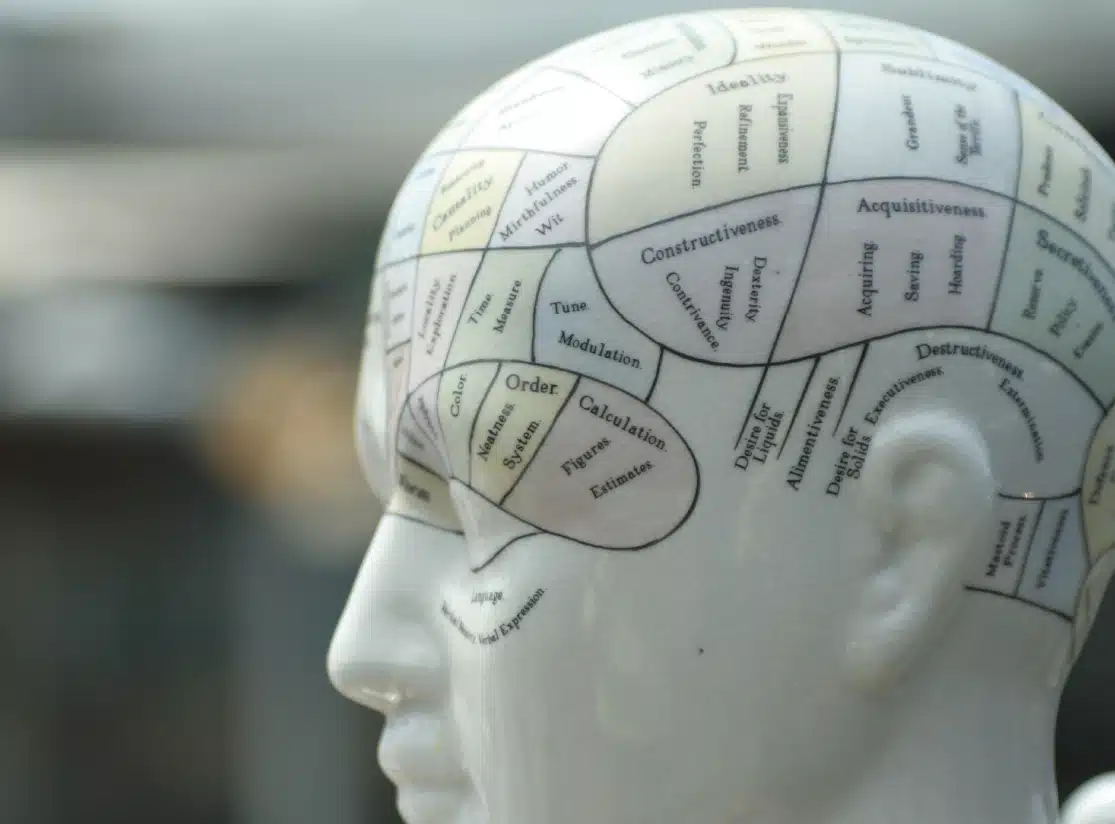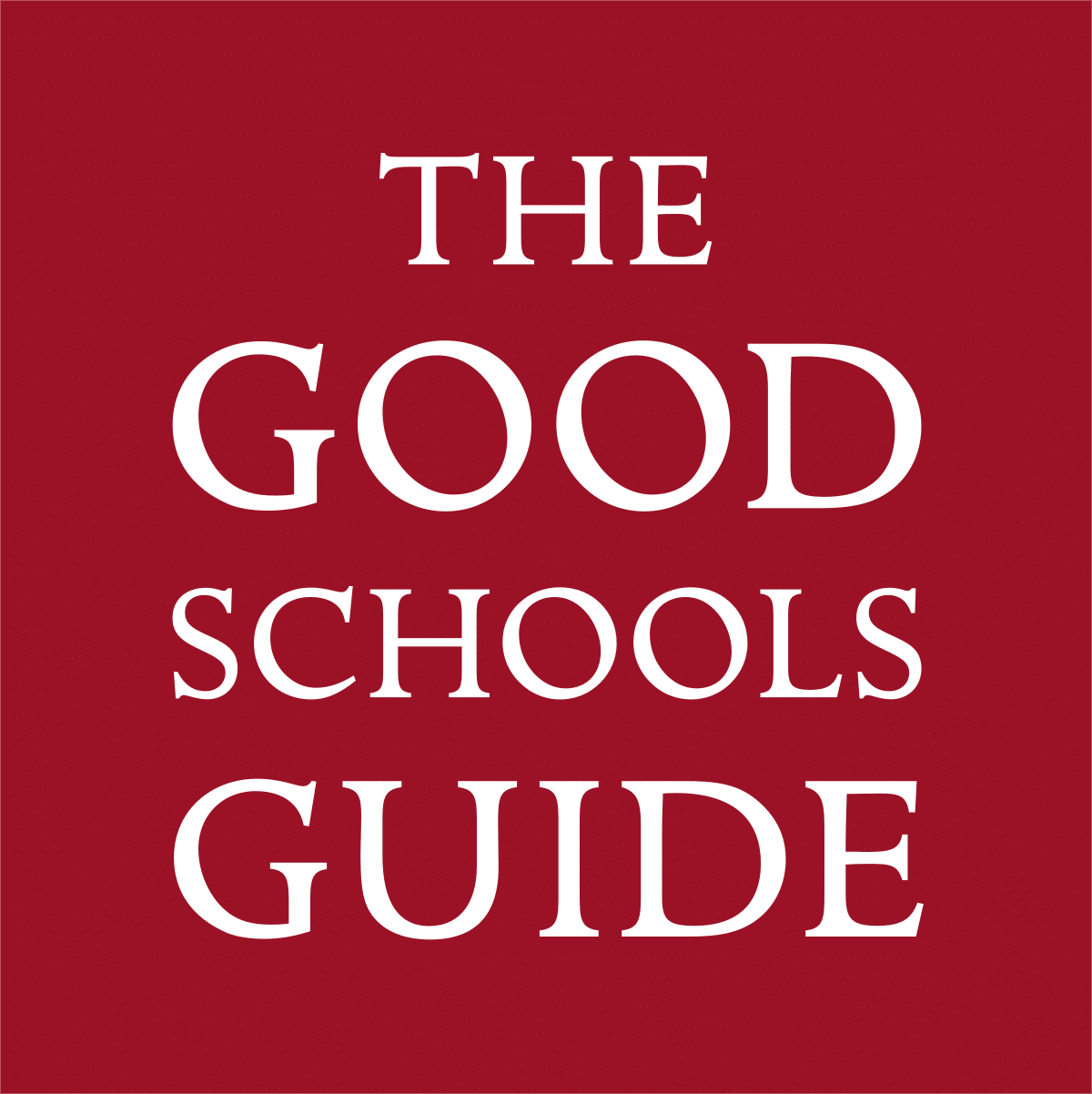Elements of this course include research and mathematics as well as studying different cases of psychological findings, some done in an era where the ethics of the study was questionable. You will undertake your own practical research and present findings to your teacher and peers. There are elements of the physiology of the brain, looking at how we learn and debates on nature versus nurture when researching behaviour. Another part of this course deals with mental health, looking at the beliefs surrounding mental health, the physical effects on and of mental health and the different categories of mental health disorders.
Pupils will develop the following throughout A level Psychology:
• Essential knowledge and understanding of different areas of Psychology and how they relate to each other.
• Demonstrate a deep appreciation of the knowledge and understanding of methods used in case studies and any issues surrounding the different methods.
• Competence and confidence in a variety of research methods as well as the mathematical skills to attain and interpret data.
• Interest in and enthusiasm for the subject, including developing an interest in further study and careers associated with psychology.
Components of the course
There are 3 components which the course covers in 2 years, these include the following:
Component 1: Research methods.
This component develops knowledge and understanding of planning, conducting, analysing and reporting psychological research across a range of experimental and non-experimental methodologies and techniques. Pupils carry out their own small-scale practical activities. Pupils need to be familiar with the four main techniques for collecting/analysing data: Self-Report, Experiment, Observation and Correlation.
Component 2: Psychological themes through core studies.
Introduces some of the central areas of investigation in psychology organised in ten key themes, each represented by a classic and a contemporary core study. You will be exposed to studies from all areas of Psychology – Developmental; Cognitive; Social; Biological and Individual Differences. The core studies reflect the contribution of psychology to an understanding of individual, social and cultural diversity.
Component 3: Applied Psychology.
Pupils study Issues In Mental Health, Child Psychology and Criminal Psychology.
Pupils awarded a minimum of Grade 6 in triple Science Biology or Grade 6 in Dual Science. Pupils will also need a Grade 6 in mathematics due to the mathematical content of the course, and a minimum of a Grade 6 in English language.
Examination Board: OCR
Mrs I. Coetzee, Lead Teacher of Psychology & Whole School Professional Tutor for Early Career Teachers
SIXTH FORM










